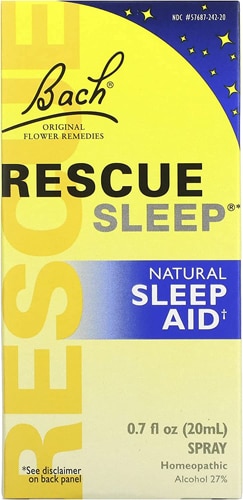Many of us live in a world of career and family demands that never end. In such a whirlwind of 24/7 activity, who has the time to relax?
But living in a “hypervigilant state” is dangerous, says Daniel Kirsch, president of The American Institute of Stress.
Our physical and emotional health depends on taking some time to slow down and relax, he says.
Chronic stress effects on physical health
For example, living in a state of chronic stress and activity keeps the “fight or flight” system of our nervous system activated. Under such conditions, the blood is directed to the body’s skeletal muscle, so we are ready to fight or run away.
While this mode makes sense if we are running from lions or a swarm of angry bees, it’s less useful for other activities, such as “digesting food and recovering from physical exertions,” Kirsch says.
Living in a state where our stress responders remain activated for long periods of time also leaves us more vulnerable to diseases such as chronic regional pain syndrome (CRPS), which Kirsch characterizes as “a devastatingly irreversible, painful disorder.”
Chronically tight muscles and impeded blood flow associated with stress raises our risk of heart disease and stroke, he says.
The psychological dangers of not relaxing
Failing to relax also can harm your mind in several ways. People who feel tense all the time might develop mood disorders.
“That, in turn, will lead to social problems at home and work or school,” Kirsch says.
A lack of relaxation also can lead to sleep problems. “It is hard to fall asleep when (you are) overly stressed,” Kirsch says. “Sleep is the single most important way we recover from each day’s stressors.”
Not relaxing also makes you more susceptible to depression. A neurotransmitter called serotonin is thought to regulate mood and contribute to feelings of happiness. But too much stress can inhibit serotonin’s impact on the body.
“Most people don’t know there is more serotonin in the gut than the brain,” Kirsch says. “So gastrointestinal health is very important, and cannot be achieved when you are in a constant state of tension.”
Ways to get more relaxation into your life
Kirsch says all of us must find the time to relax. “To charge your phone, you need to plug it in,” he says. “To charge your brain, you need to unplug it.”
He recommends planning short breaks for every hour of sustained mental activity. “Take a 10-minute break every hour to improve your heath and increase your productivity,” he says.
Other ways to relax include:
Engage in fun activities. Kirsch urges you to spend at least a couple of nights a week and one day over the weekend engaging in enjoyable, relaxing activities. “You will have to determine what that means to you,” he says, noting that some people love roller coasters, while others find them stress-inducing.
Eat more mindfully. Kirsch says better eating habits can aid in digestion. “Take the time to be present when eating,” he says. “Put the phone down. It is a good time to relax and socialize too.”
Exercise regularly. Exercise – of all types -- can help you relax, Kirsch says, “even if it is only contracting and relaxing muscles while working and seated.” A few short walks each day also can help you relax.
Try breathing exercises. Finally, Kirsch says breathing exercises are effective ways to relax. “You can do them throughout the day,” he says. “I like them because they’re free and always available.”
He says the June issue of the American Institute of Stress’ Contentment magazine has an article about breathing that you can access online.




